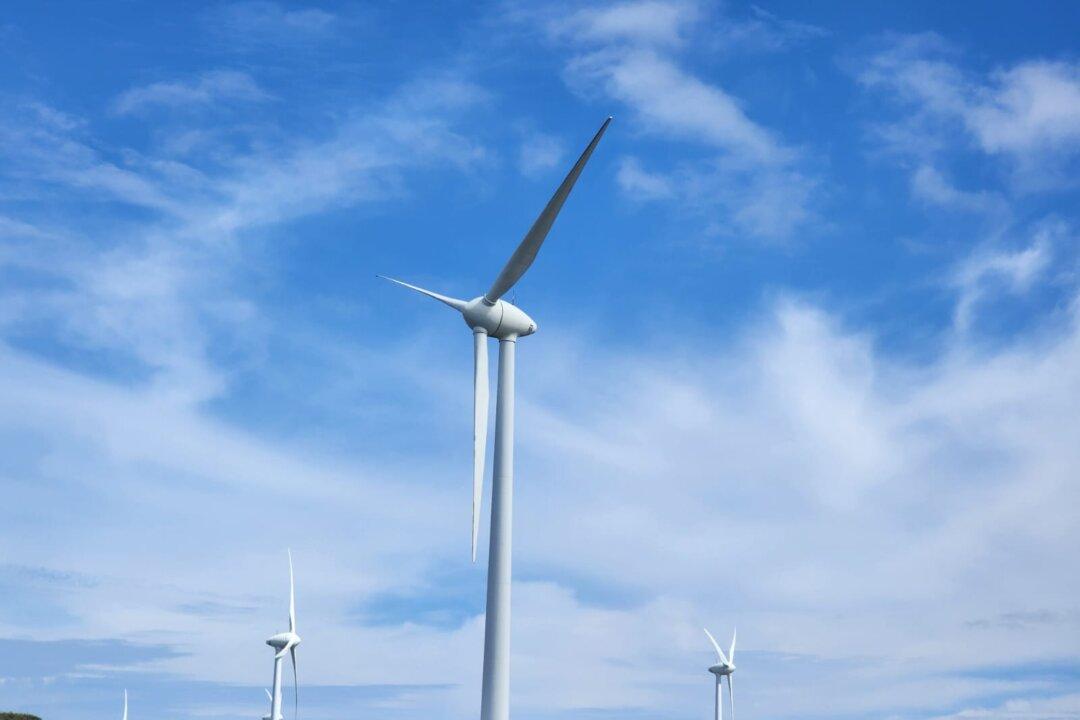Australia and the European Union (EU) are keen to establish a bilateral strategic partnership to secure the global supply chain for critical minerals and ensure the participation of Indigenous Peoples and other vulnerable groups, including women and young people, in implementing a “just” energy transition.
“Europe and Australia are strategic partners, and we have a long history together. We have common values and concerns, notably on the environment, climate change, just transition, and energy security, and we have a common interest for cooperation,” European Union Energy Commissioner Kadri Simson said following recent bilateral meetings with Australian Climate Change and Energy Minister Chris Bowen.




